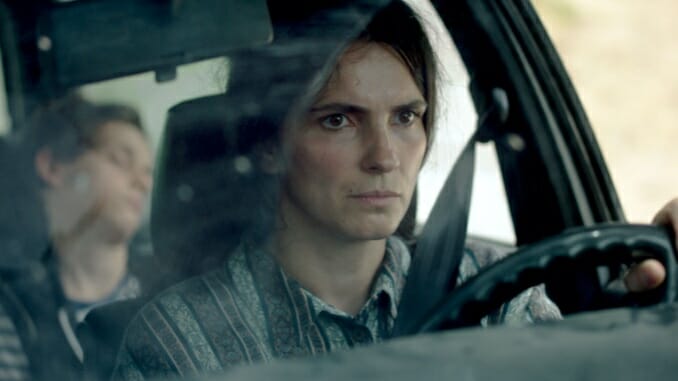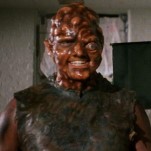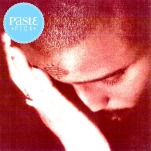Hive’s Poetic Humanism Is Hindered by Its Singular Focus

Through its title, Kosovan director Blerta Basholli’s Hive immediately brings forth the image of a swarm of bees. The title also suggests that beekeeping and honey collection are a major focus of the film—only to be overshadowed by the cultivation of a spicy Balkan pepper spread called ajvar. Yet Hive’s title feels far from incongruous with its subject matter: After her husband, along with 240 others, is kidnapped and murdered in the town of Krusha e Madhe during Kosovo’s civil war in 1999, Fahrije (Yllka Gashi) assumes the head role in her household—to the obvious chagrin of the rest of her community. On top of this, the once lucrative honey production of her small bee colony begins to dwindle. As a result, Fahrije gradually pulls together a band of other widowed women in the town to make and sell large quantities of ajvar—finally alleviating the financial burden felt by many of these unsupported women. Though the film is a gorgeously realized dramatization of the real story of Fahrije Hoti and her eventual entrepreneurial success, it can’t help but feel detached from the actual war crimes that have still largely gone unaccounted for in the freshly independent Kosovo.
Years after the massacre committed in Krusha e Madhe—one of the worst of the Kosovo War—Fahrije pinches pennies in order to provide for her family. Despite being the most able and eager to make a living wage to support her household, antiquated gender biases initially restrict her prospects to homemaking and childrearing. Her live-in father-in-law (Çun Lajçi) insists on being the sole provider, selling meager portions of honey to any townspeople who will pay (often not even in full). Tired of constant economic insecurity, Fahrije chooses stability over social status—she earns her license, buys a used car and commutes to the Kosovo capital of Pristina for work. Immediately becoming a pariah of patriarchal society, Fahrije endures the torment and mockery of men and women alike, whether simply calling her a whore or asserting that her husband would be ashamed if he could see her actions. Realizing that this vitriol on behalf of other widowed women might be springing from a place of misplaced jealousy, Fahrije slowly recruits them to her small-scale ajvar operation. As the business expands and flourishes, Fahrije and the other widows finally begin to find reprieve for their money troubles—many of them able to candidly express their grief for the first time in the process.
Based on the origin story of Hoti’s booming business model, Hive is entrenched in the lived experiences of its main character and the countless other women who have faced similar obstacles in the aftermath of the war. Fictionalized but never sensational, Basholli’s film presents a realistic portrayal of human perseverance, poetic in its relative quiet. Void of heavy-handed examinations of violence and trauma, Hive deviates from other films that depict innocent communities shattered by the atrocities of war—it is certainly no Come and See—yet in its effort to stray from brutality, the film at times seems to needlessly meander when it could be making an explicit point. Though the efforts of Fahrije and the women she forges a business with are well worth depiction, there is a surprising lack of emphasis on the actual massacre, particularly when it comes to the victims. While Hive’s heart lies with the widows of war who must rebuild a country that ostensibly views them as second-class citizens, the dearth of names, photos and stories of the deceased is nonetheless odd. How can the film claim to confront the sinister legacy of this mass murder 22 years later if the victims are hardly ever acknowledged? Much of this can be chalked up to a cinematic portrayal of the dissonance many of these widows feel in regard to the whereabouts of their husbands, many genuinely believing their beloveds might one day return home. But in creating a narrative that singularly surveys these women’s distancing from their own grief and trauma, the film feels politically deflated.
-

-

-

-

-

-

-

-

-

-

-

-

-

-

-

-

-

-

-

-

-

-

-

-

-

-

-

-

-

-

-

-

-

-

-

-

-

-

-

-








































